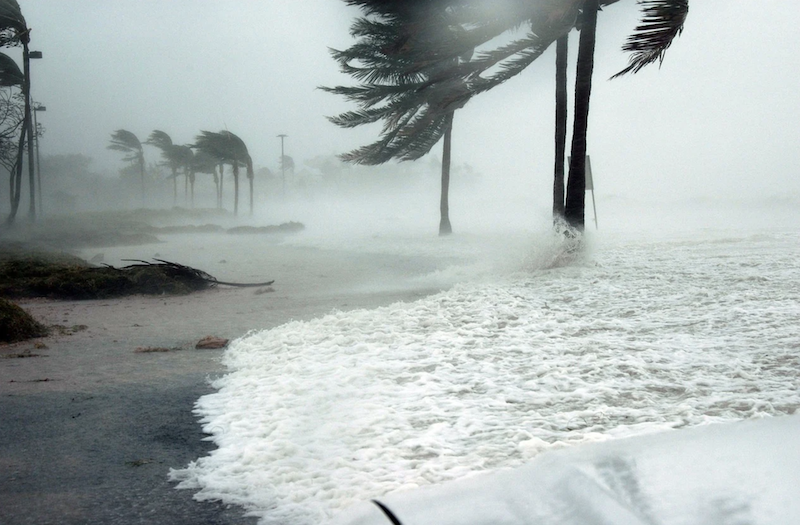Preservation of Affordable Housing (POAH) has developed its own strategy to protect its 120 properties from the negative impacts of severe weather events.
A new policy ensures that there is backup power for an “area of refuge” that is typically the community space and management offices on the first floor. These spaces allow residents to gather comfortably in an area with heating or cooling and ventilation, hot and cold water, power outlets, and refrigeration for medication.
POAH makes this allowance when replacing a generator on existing buildings and when it constructs new housing. Previously, when generators were installed, they were typically limited to supplying certain code-required items such as hallway lighting, life-safety systems, and elevators.
POAH has also been incorporating passive house design into new construction projects and is pursuing deep energy retrofits at most rehab projects. “Making the enclosure air-tight and adding continuous insulation can create a stable interior temperature, allowing residents to stay housed in power outages during winter and summer months for days at a time,” the organization says in a news release.
Related Stories
Codes and Standards | Sep 22, 2021
Group proposes Carbon Use Intensity metric for new buildings
Plan would track embedded carbon on projects.
Codes and Standards | Sep 22, 2021
Illinois’s sweeping climate bill includes statewide stretch code, building electrification measures
Aims for zero-emissions power sector by 2045.
Codes and Standards | Sep 22, 2021
Cities need to step up flood mitigation efforts to save lives
Recent storms highlight climate change dangers.
Codes and Standards | Sep 21, 2021
Steps to improve ventilation for Covid can combat colds and flu
New look at airborne disease spread shows time viruses linger in air may have been underestimated.
Codes and Standards | Sep 15, 2021
USGBC will change leaders, conduct strategic review
Aims to ensure organization is ‘well positioned to scale its work in the post-pandemic world’.
Codes and Standards | Sep 15, 2021
LEED-certified offices earn higher rents than non-sustainable properties
Are also more resilient to dips in real estate market.
Codes and Standards | Sep 7, 2021
Boston turns to developer fees to fund flood protection infrastructure
Assessments on commercial properties will help build seawall and other protective measures.
Codes and Standards | Sep 3, 2021
Low-cost methods can have substantial impact on reducing embodied carbon
Whole-building design, material substitution, and specification strategies can slash carbon by up to 46%.
Codes and Standards | Sep 2, 2021
Case for power resiliency in buildings grows with more disaster and outages
Essential businesses like data centers, hospitals are first adopters of new storage systems.
Codes and Standards | Aug 31, 2021
UK industry group wants mandatory whole-life carbon assessments of buildings
Aims to address hidden emissions embedded in supply chains.

















